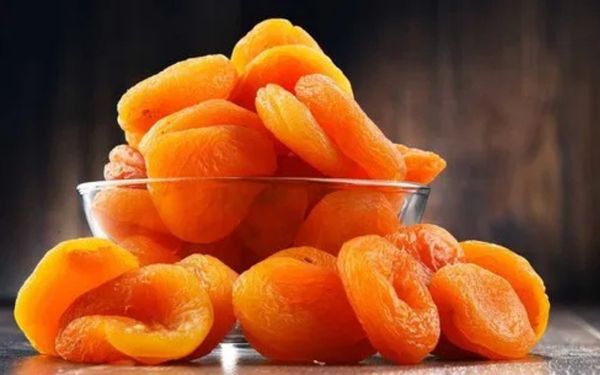The Origins of the Dried Apricot
What is the Dried Apricot?
Golden, chewy, and naturally sweet dried apricots are more than just a delicious snack. They are a symbol of cultural heritage, natural farming, and expert craftsmanship passed down through generations. But where do they come from, and how are they made?
The Origins of the Dried Apricot
Apricots have been cultivated for thousands of years across Central Asia and the Middle East. Among the world’s top producers is Turkey, a country where apricots grow in abundance due to ideal climate and soil conditions. While the city of Malatya is globally famous for apricots, Kayseri—another central Anatolian city—also plays a key role in the production of high-quality dried apricots, especially for local consumption and artisan exports.
Kayseri: A Hidden Gem for Apricot Cultivation
Located on the foothills of Mount Erciyes, Kayseri offers a unique climate: cold winters, hot dry summers, and fertile volcanic soil. This makes the region highly suitable for apricot farming. The apricots grown here are known for their intense flavor, deep orange color, and rich nutritional content.
Local farmers in Kayseri typically use traditional growing methods, avoiding industrial chemicals, and focusing on natural ripening to maintain the fruit’s original taste and aroma.
Sun-Drying Process: Nature’s Way
The drying season begins in mid-summer, when ripe apricots are harvested by hand. The fruits are then carefully cut in half and the pits removed. These halves are sun-dried on open-air drying beds for several days. Sunlight gently removes moisture while preserving flavor and nutrients.
Some apricots are treated with natural sulfur fumes to help preserve their bright orange color—these are known as sulfured dried apricots. Others are dried without sulfur, resulting in a darker brown hue but offering a more organic product—these are known as unsulfured dried apricots.
Processing & Packaging
Once dried, the apricots are collected and hand-sorted based on size, softness, and quality. Damaged or imperfect pieces are removed, and the rest are either packaged as whole fruits or used in natural snacks, granola mixes, and energy bars.
Before packaging, some apricots may go through gentle moisture-balancing processes to achieve the desired texture—neither too dry nor too sticky.
Why Choose Turkish Dried Apricots?
-
Rich in Vitamin A, iron, and fiber
-
Naturally sweet—no added sugar needed
-
Sun-dried, not machine-processed
-
Perfect for snacking, baking, or cooking
-
Sourced from small family farms in Turkey
From Kayseri to Your Kitchen
At 333 Chicago, we carefully select our dried apricots from trusted growers in Kayseri, where generations of farming tradition meet modern quality standards. Every bite tells a story — of sunshine, patience, and the rich earth of Anatolia.
So the next time you enjoy a dried apricot, remember: you're not just enjoying a snack. You're tasting history.
